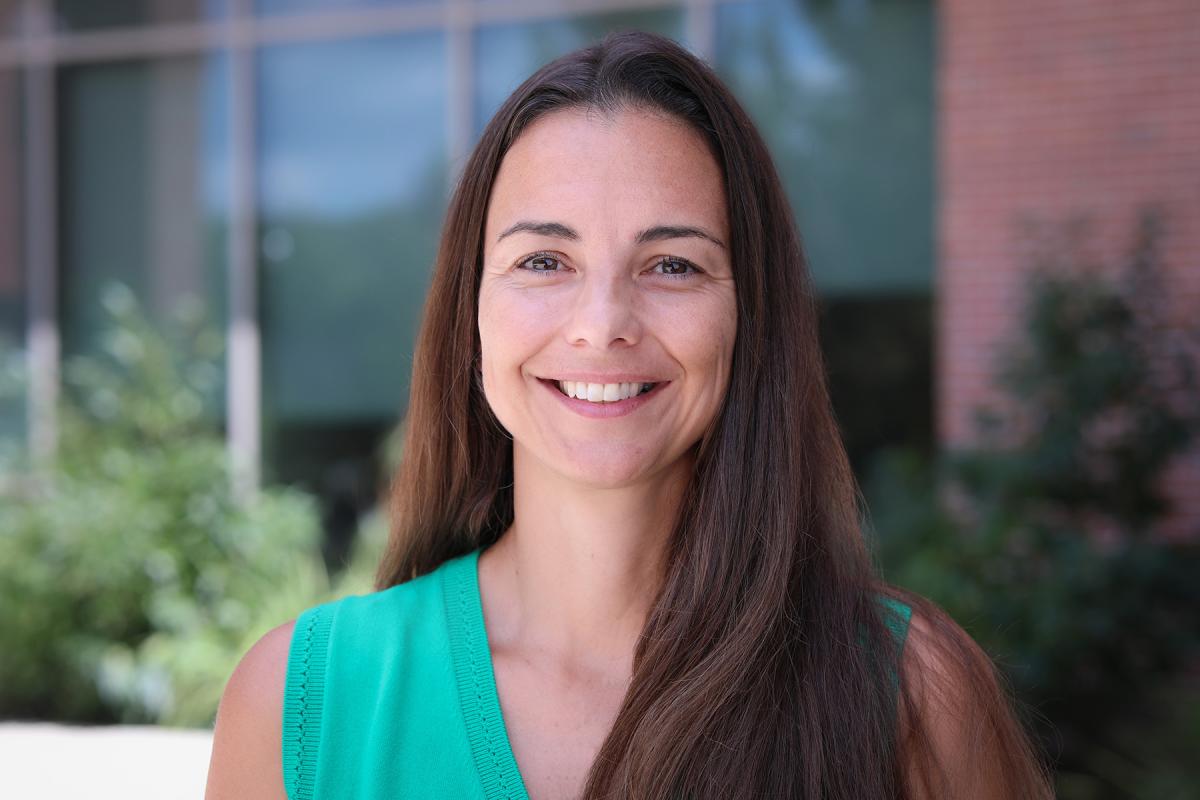One of the publication’s co-authors, Allen Foley, is a research administrator for the Fish and Wildlife Research Institute (FWRI), part of the Florida Fish and Wildlife Conservation Commission. An objective of FWRI is to identify and characterize sea turtle mortality factors, particularly human-related activities or behaviors that can harm or kill turtles such as boating, commercial fishing, polluting, dredging and developing coastal land.
“Dr. Fuentes has unique insights and perspectives due to her great deal of experience on a wide range of sea turtle research projects,” Foley said. “Vessel-strike injuries are the most commonly identified cause of death for Florida sea turtles, and I suspect this is the case elsewhere. Human activities and behaviors are often why species become threatened or endangered, and usually, the mitigation or adjustment of these activities has a great conservation benefit.”
While spearheading this research, Fuentes also co-authored “A Global Sea Turtle Climate Vulnerability Assessment,” published in September in Ecological Indicators. Collecting data from across the globe, this work quantified the vulnerability of sea turtles to climatic changes.
That work uncovered that turtles are most vulnerable to sea level rise and air temperature changes — heatwaves as well as cold snaps — in addition to ocean acidification and dissolved oxygen, which both occur as waters warm and absorb more carbon dioxide and less oxygen. As with Fuentes’ vessel-strike research, the purpose of this work is to support accurate, well-informed management decisions.
“It’s important to realize the natural world is complex and interconnected and removing any part could have far-reaching consequences,” Foley said. “Sea turtles are long-term components of our natural world, and their removal would no doubt have cascading effects. While species naturally come and go, the loss of sea turtles due to human-related activities or behaviors would be tragic.”
Fuentes’ vessel strike research was funded in part by the Florida Trustee Implementation Group, part of the Deepwater Horizon Natural Resource Damage Assessment.
To learn more about Fuentes’ work and research conducted in the Department of Earth, Ocean, and Atmospheric Science at FSU, visit eoas.fsu.edu.


